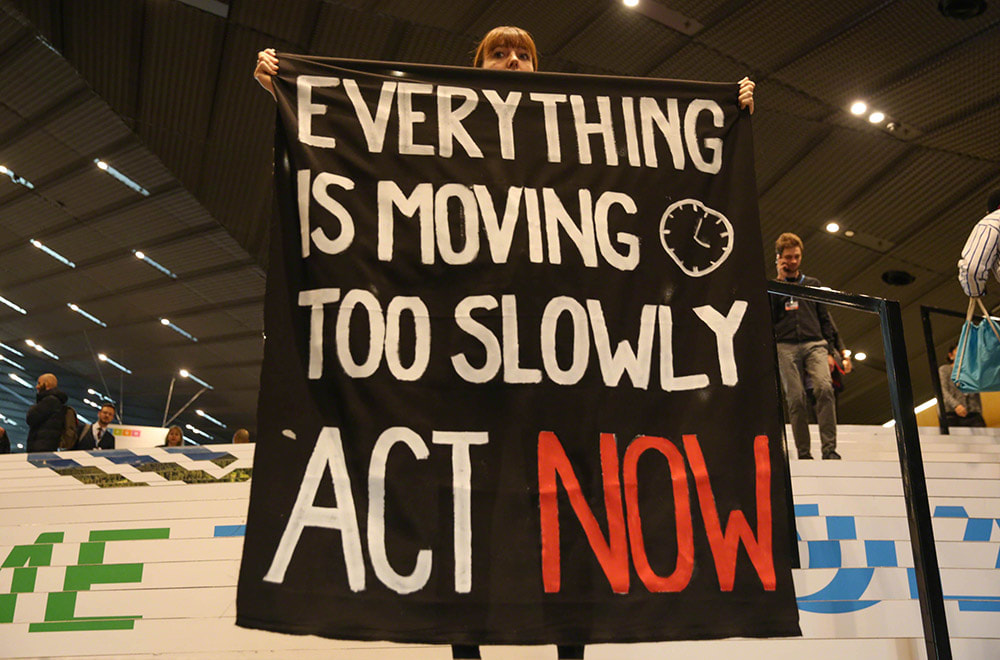|
It is crucial to work internationally in solving the crisis facing the world that needs a true leadership on global issues. The yearly climate change summits under the United Nations Framework Convention on Climate Change are great opportunities to raise climate-related issues every year and discuss the accelerating global warming in order to shape strategies to deal and respond adequately to the needs of the planet.
The special report launched in South Korea by the Intergovernmental Panel on Climate Change (IPCC) in October this year while citing six thousand scientific references echoed the need to limit global warming to 1.5°C that could prevent some of the worst effects of climate change. And, this report is of utmost importance to most of the countries. The objective of COP24 being held in Poland’s traditional mining city of Katowice is to reach consensus of all the parties on a set of directives in the light of the Paris Accord to combat climate change. After deadly wildfire in California, climate change should have gotten more attention worldwide, but the negotiators from Saudi Arabia and the United States have allied with their Russian and Kuwaiti counterparts in startling the world representatives at the summit by demurring to a statement ‘welcoming’ the 1.5°C IPCC report. The four fossil-fuel giants argued that it was sufficient for all the parties to merely ‘note’ the findings of this report with Saudi Arabia even threatening to block the discussion if any advancements made any further in order to adopt the change of word. It should also be noted that Saudi Aramco is the world’s largest profitable oil firm. This raises one concern that if the report isn’t just ‘welcomed’ with a stronger language, how will the worldwide emissions be lowered with weaker actions to such an extent so that global warming is halted to 1.5°C by 2020. As the first week of the conference has ended, attempts at the 24th Conference of Parties have failed to recognize and adopt the 1.5°C IPCC report till now. Climate scientist, Masson-Delmotte says, “A 1.5°C and a 2°C worlds are very different in terms of mean climate, extremes, sea level rise, and climate-related risks, with the emergence of climate change hotspots challenging basic water, food, economic security and the risk of irreversible loss of wildlife.” Now, the question is how much worst we are willing to let it get, and that will the real policies and law changes ever occur. Climate change is definitely in the interests of no one and the short-term profits are more likely to cause such long-term damages that will probably leave no chances for the situation of the globe to get back to normal. Either industrial, political and ideological interests have to be compromised or the near-future of the globe. A stronger response to this global threat of warming will commence from stronger statements that will direct the world leadership towards carrying out many stronger actions simultaneously. Politicians/political leaders, senators, ministers, bureaucrats, civil servants, diplomats, and all the policy makers who deny science at the cost of the most vulnerable today will be remembered in the history for their callous actions due to their shortsightedness and complete disregard for the human lives.
17 Comments
|
Archives
January 2023
Categories |

 RSS Feed
RSS Feed
